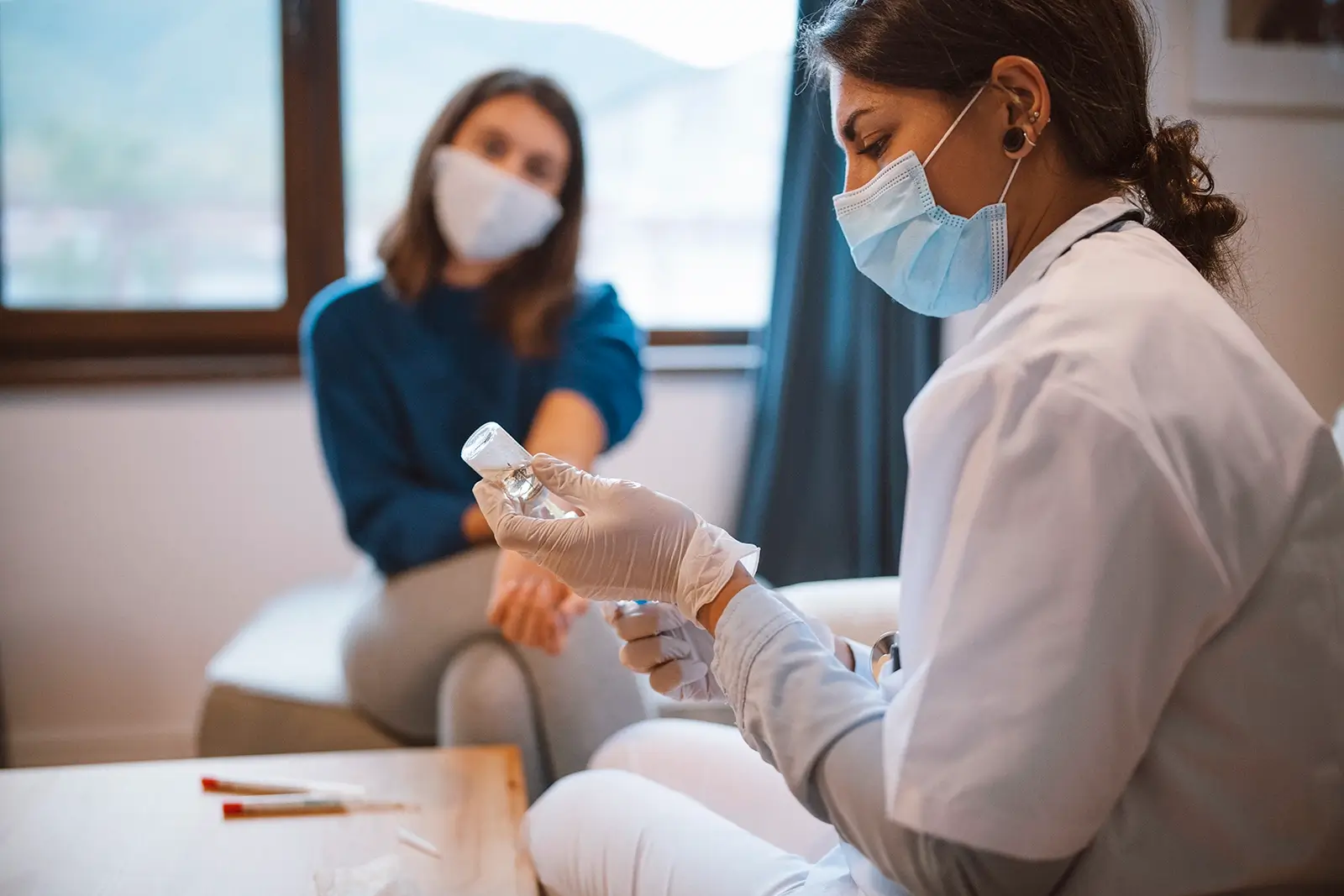Standardizing Cosmetovigilance at Fortrea
Standardizing cosmetoviligence: How the US FDA MoCRA changes the regulation of cosmetics
by Fortrea
Designed to increase the safety of cosmetic products and protect consumers, the Modernization of Cosmetics Regulation Act of 2022 (MoCRA) is considered the first major overhaul in cosmetics regulation since the Food, Drug, and Cosmetic Act was enacted in 1938. To help cosmetic manufacturers and companies understand MoCRA and its implications, this article covers a few of the key provisions in the act.
Registering with the FDA
Unlike the voluntary registration program, MoCRA mandates registration of product and submission of adverse events associated with use of cosmetic products. Cosmetic manufacturers must register with the FDA and follow industry-specific Good Manufacturing Practice (GMP). All facilities—including domestic and foreign—that manufacture or process cosmetics products for distribution in the U.S. need to register before December 29, 2023. There are some exceptions noted in the policy.
Listing a responsible person
For products marketed after the enactment of MoCRA, a responsible person-manufacturer, packer, or distributor of a cosmetic product whose name appears on the label-must submit the product listing within 120 days of marketing. Additionally, the responsible person must update product listing information annually.
The manufacturer also needs to follow labeling requirements to include information about manufacturer, contact details, platform details to report adverse events (if any) and details around any fragrance allergens.
Reporting serious adverse events
The responsible person must report any initial “serious adverse event” associated with the use of cosmetic within 15 business days to the FDA after it is received and submit any follow-up information.
FDA has also modified the definition of a "serious adverse event" for cosmetics by adding "infection" and "significant disfigurement" as one of the serious criteria. Serious adverse events also included events that require a medical or surgical intervention to prevent any serious outcome, based on reasonable medical judgment. These assessments must be documented and medically assessed by the cosmetic company.
The responsible person also needs to maintain records related to each report of an adverse event associated with the domestic use of a cosmetic product manufactured, packed or distributed for six years; certain small businesses must maintain records for three years.
Ordering a product recall
To comply with the reporting regulations, cosmetic companies will need to set up cosmetovigilance systems/databases and establish a WebTrader account for the FDA Electronic Submissions Gateway (ESG). Based on safety data gathered through adverse event reporting, if the agency determines there is a reasonable probability that a cosmetic is adulterated or misbranded, and the use of or exposure to the cosmetic will cause serious adverse health consequences or death, then the FDA has the authority to order a mandatory recall (if the responsible person refuses to do so voluntarily).
Working with an experienced partner
To navigate the many changes associated with MoCRA, cosmetic manufacturers can benefit from partnering with an experienced CRO that understands the complexity of cosmetovigilance and pharmacovigilance. Our team of safety professionals at Fortrea offers extensive expertise gained from more than 10 years of supporting voluntary adverse reaction monitoring in cosmetic products. Working as an extension of your team, we can provide case processing, quality management and consulting, to support the unique needs of your product across its lifecycle.
Learn more about our Patient Safety & Pharmacovigilance services.



